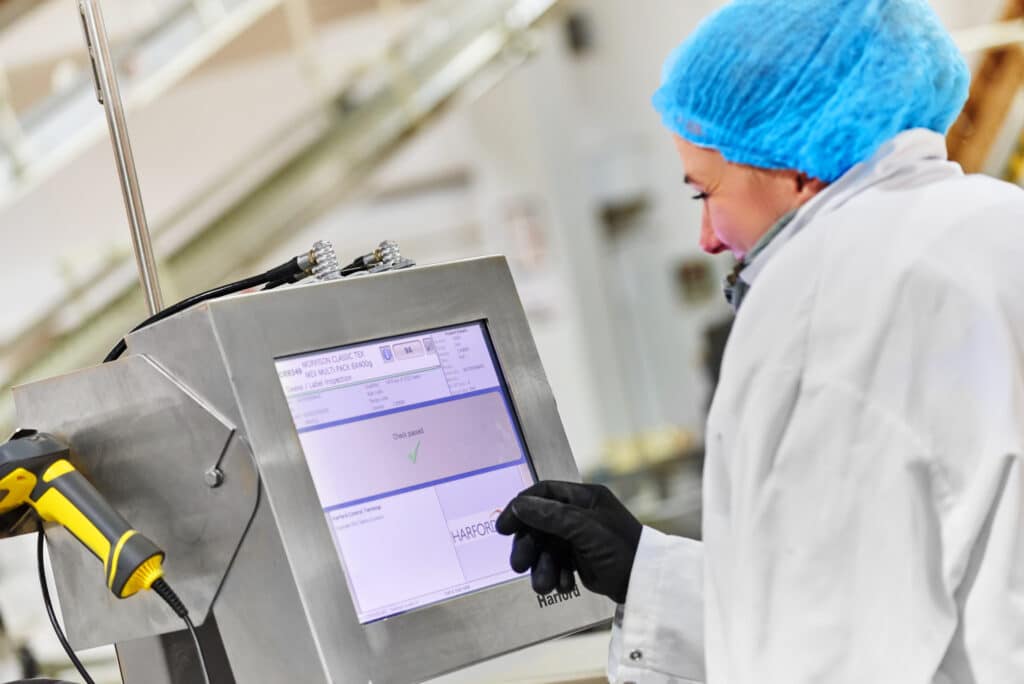Editorials
Can Sustainability Drive Factory Performance Improvement?
Instant, prioritised information, giving you end of end visibility of your production processes, will help you to improve performance and become more sustainable
Sustainability can have different meanings for different people. Some manufacturers are actively looking for new ways to become more sustainable which proactively develop a ‘Save the Planet’ strategy to contribute to Net Zero. Companies such as Diageo, Unilever, Müller, Dale Farm and Nice Pak have already made huge efforts and achieved great success in this.
Other manufacturers may find themselves in a difficult situation with various external pressures, such as inflation, economic crises and the war in Ukraine. Sustainability, perhaps understandably, becomes a less prioritised task on their agenda. They are being squeezed in the middle with rising input prices; raw material and energy prices, plus increased labour rates, with little or no opportunity to pass these on to their supermarket customers.
Retailers Re-Evaluate their Suppliers
Retailers are battling for market share and are under pressure to become more sustainable. They have to adjust to fast-changing costs and consumer behaviours due to the soaring prices of groceries. Tesco announced the closure of the remainder of a few areas such as meat, fish and hot deli counters, affecting 2100 jobs while Asda is making changes to in-store Post Office outlets, night shifts and pharmacies, putting 300 jobs at risk. Apart from changing the structure internally, some supermarkets have to re-evaluate their suppliers in an effort to to find cheaper and more sustainable options. Supermarket suppliers must realise that this shelf space is constantly under pressure from ‘more efficient’ manufacturers.
The only less obvious way out for manufacturers is to look internally, streamlining production processes and reducing costs at every opportunity. To achieve this, sustainability plays an essential role. It is not only important for solving climate problems but also imperative to make each factory more competitive.
Can Sustainability Drive Performance Improvement?
Leveraging sustainable manufacturing practices helps factories to reduce waste, improve operational efficiency, ensure quality compliance and gain competitive advantage. A Deloitte survey reported that almost half of 750 executives claimed that their environmental sustainability initiatives measurably boosted their financial performance. Andreas Müller, Group CEO of Georg Fischer, one of the most sustainable companies ranked in The Wall Street Journal, stated that ‘sustainability is definitely a driver for economic success.’ Solutions that encourage sustainable manufacturing need to carry more weight in society.
Sustainability is such a big area. Where can manufacturers start?
Sustainability Starts with Visibility – ‘You can’t improve what you can’t see’
Sustainability can’t be achieved without visibility. Even though we often talk about Industry 4.0, many manufacturers still use paper to record production line activity. The lack of visibility of information captured on paper, as well as the time lag from recording to reporting, often lead to unnecessary rework, rejects, wastage and generally higher production costs. Even worse, manually recorded data requires a lot of paper, which accelerates the destruction of forests and leads to more greenhouse-gas emissions. Food and drink manufacturing is the largest manufacturing sector in the UK and is apparently responsible for more than 30% of our greenhouse gas emissions.
Whether it’s for improving performance or helping with climate issues, manufacturers need to bring sustainability to their agenda. You can’t improve what you don’t measure and you can’t improve what you don’t see (real time visibility). Change should begin with a ‘root and branch’ evaluation, coupled with real-time visibility of actual performance. In this way, non-conformances, overfills, poor efficiencies and other forms of wastage quickly become obvious and actionable before defective products reach the retailer and become even more costly through batch rejections.
Harford Paperless Quality solutions provide instant visibility of actionable information for factories. Managers and operators are firmly in control of the production processes. With Harford’s Traffic Lights, operators are able to find out the root cause of downtime with our 5 Whys and Fish Bone diagrams (Ishikawa) analysis, in real time. Our in-depth granular ‘drill down’ tools provide most of the help required to find and fix the root cause of problems.

More sustainable, more profitable
For a sustainable future, manufacturers must become more efficient, less wasteful and reduce costs without compromising quality. We have already helped so many companies and are ready to help many more to improve their profits and become more sustainable.
We have enormous experience in these matters (gained during our past 55 years’ experience) which we are more than willing to share with any companies open to discussion. To know more, call our team on 01225 764461 or contact us here www.www.harfordcontrol.com/contact/
Share your thoughts to Info@harfordcontrol.com or give us a call on +44 (0) 1225 764461




